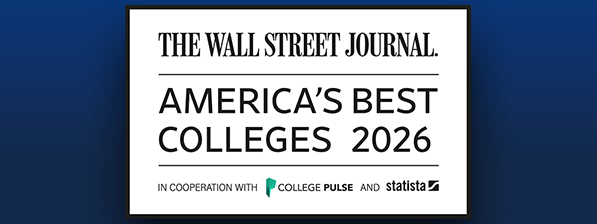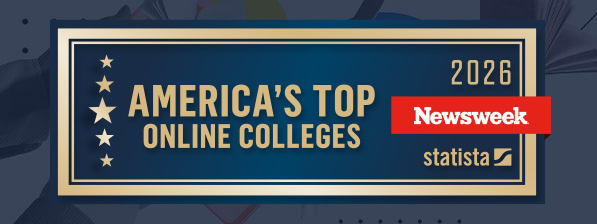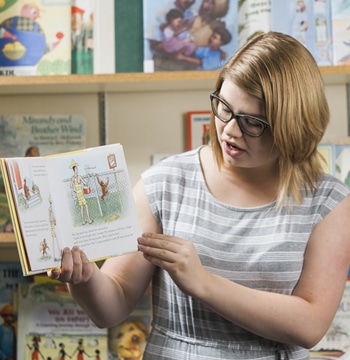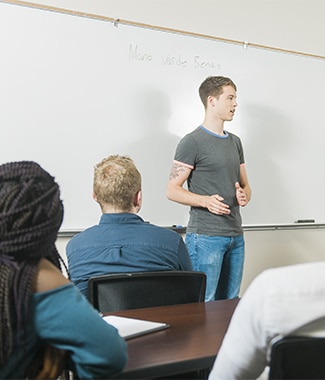
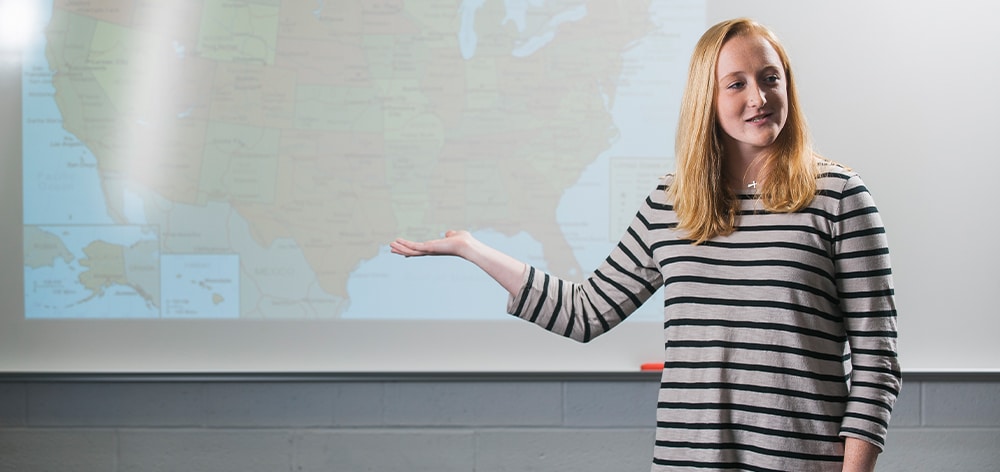
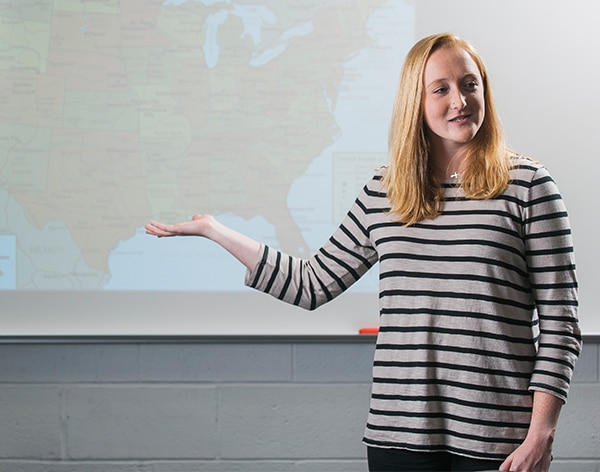
Bachelor of Science in
Secondary Education
On-Campus
REQUEST INFORMATION
Loading...
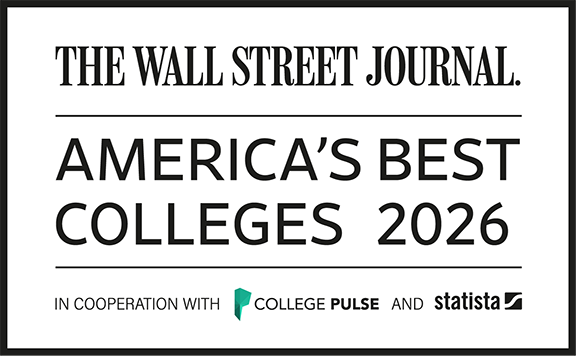
Inspire Future Lives with a B.S. in Secondary Education
Develop the knowledge and skills to make a lasting impact as a licensed teacher with Cornerstone University’s B.S. in Secondary Education, accredited by the Council for the Accreditation of Educator Preparation (CAEP). Cornerstone’s Bachelor of Science in Secondary Education program prepares you to teach middle and high school students in a specialized subject area with the most effective teaching and leadership strategies. Rooted in a broad liberal arts education grounded in a Christian worldview, you will grow academically and spiritually through Christ-centered teaching and mentorship by experienced faculty. Graduate equipped to pass the Michigan Test for Teacher Certification (MTTC) and pursue a rewarding career as an influential educator!
Teacher Education Field Experience
Students will engage in classroom experiences every semester starting in the spring of freshman year. You’ll observe a variety of grade levels and school settings, taking on more active roles and putting knowledge into practice. You will spend one-to-two semesters working with a cooperating teacher to prepare you for your final semester of full-time teaching.
Influential Careers with a Bachelor of Science in Secondary Education Degree
- Middle School Teacher
- High School Teacher
- Curriculum Specialist
- Instructional Coach
- Education Consultant
- Online Educator
- Youth Program Director
- Academic Advisor
- Educational Content Writer
- International Teacher
Your Degree Starts Here
Start your degree at one of the most affordable Christian universities in the region. An admissions counselor is ready to help you begin the enrollment process.
- Apply — our application is free.
- Set goals — your admissions counselor is here to guide you.
- Maximize your credits — you could transfer in up to 75% of your degree credits.
- Discover affordability — scholarships and grants are available for qualified students.
